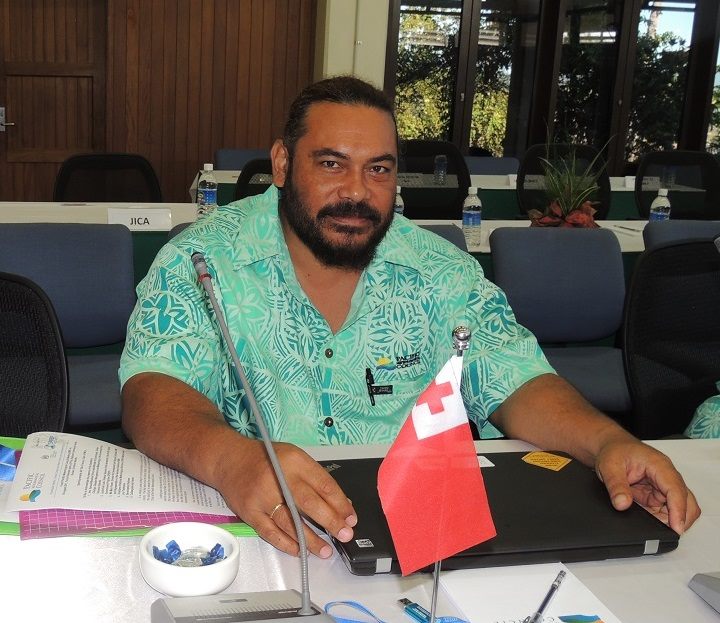EFFECTIVE response to weather phenomenon is based on an effective early warning system.
Being able to tell your citizens of an impending disaster early in the development of the natural phenomenon can also lead to effective relief work.
At least in the case of Tonga which recoded zero deaths after the category five Tropical Cyclone Gita, this was the main lesson as told to Fiji Times Online by Tonga Meteorology Director Ofa Fa’anunu.
However Mr Fa’anunu who was also recently the chair of the Pacific Meteorological Council said it was important though for weather forecasters to ensure systems satisfied the criteria for a cyclone and not declare one prematurely as it could cause unnecessary panic.
Mr Fa’anunu made the comments after he delivered a presentation to members of the Pacific Environment Journalism Network (PEJN) at a conference ahead of the Pacific Media Summit which ends in Nuku’alofa Tonga today.
Also the acting CEO of the ministry responsible for media, environment, disaster management and information, Mr Fa’anunu spoke about the importance of the media in disaster management.
“In the Met service line of work, to be able to respond effectively you need a good early warning system,” Mr Fa’anunu said.
“Regular press conferences several times a day as soon as we activate the national committee is an important way to ensure the public know what to expect,” he said.
“When you make sure people have all the information they need, in a language they are comfortable with, using mediums that is effective, everything else is common sense for people.”
Prior to TC Gita making landfall in Tonga, the National Emergent Management Office (NEMO) and Tonga Met advised government to declare a national state of emergency, the second time in recent history for the island kingdom.
“When we made the declaration, we announced it on Facebook because we knew that Tongans here and overseas are all on facebook. Within two hours, the post had reached 10,000 people,” he said.
The met head said that despite the believe that social media may not be accessible in times of disaster, he knew from also being the head of the Tonga Department of Information that many Tongans overseas would read the social media post and accelerate the spread of information.
He discussed with PEJN members the need to use impactful weather bulletins to increase public understanding and told the journalists his officers field live interviews with local media following every weather bulletin in the Tongan language.
“We activate our national committee 48 hours before gale force winds are even expected to affect our EEZ,” he said.






